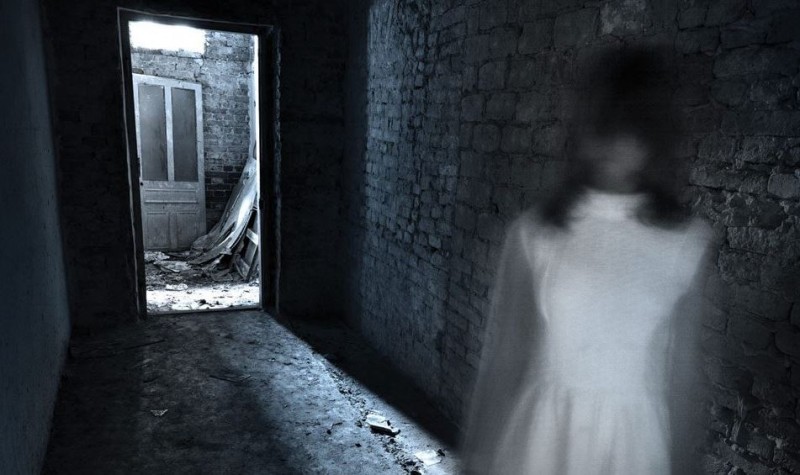
Ghost hunting, often referred to as paranormal investigation, is a captivating field that involves exploring and documenting unexplained phenomena, with a particular focus on spirits, ghosts, and the afterlife. This article provides an overview of ghost hunting and outlines steps for those interested in making a career in this enigmatic profession.
Section 1: Ghost Hunting Defined
Understanding Ghost Hunting: Define ghost hunting as the systematic and scientific exploration of paranormal phenomena, including hauntings, apparitions, and unexplained events.
The Motivation: Explore the reasons individuals are drawn to ghost hunting, highlighting the intrigue of the unknown and the desire to provide answers to unexplained mysteries.
Section 2: Essential Skills and Qualities
Open-Mindedness: Emphasize the importance of an open and inquisitive mind when approaching paranormal investigations.
Skepticism: Discuss the balance between belief and skepticism, highlighting the need for critical thinking and objective analysis.
Empathy and Respect: Stress the significance of empathy and respect when dealing with potential spirits and distressed individuals.
Technical Skills: Mention the relevance of technical skills such as photography, audio analysis, and familiarity with ghost-hunting equipment.
Section 3: Education and Training
Research and Study: Encourage aspiring ghost hunters to invest time in studying paranormal theories, historical accounts, and the scientific method.
Parapsychology and Related Fields: Recommend pursuing education in fields like parapsychology, psychology, and anthropology to gain a deeper understanding of the paranormal.
Certification Programs: Mention the availability of certification programs in paranormal investigation, which can enhance credibility.
Section 4: Building Experience
Join a Paranormal Team: Suggest joining an established paranormal investigation team to gain practical experience and learn from seasoned investigators.
Fieldwork: Emphasize the significance of participating in investigations and learning from each experience, even if conclusive evidence is not always obtained.
Section 5: Equipment and Technology
Ghost-Hunting Tools: Describe the common equipment used in paranormal investigations, such as EMF meters, EVP recorders, and infrared cameras.
Data Analysis Software: Highlight the use of specialized software for analyzing audio, video, and photographic evidence.
Section 6: Ethics and Conduct
Respect for Spirits: Stress the importance of treating potential spirits with respect, empathy, and compassion during investigations.
Confidentiality: Discuss the ethical responsibility to protect the privacy of individuals and property owners involved in investigations.
Section 7: Career Opportunities
Paranormal Investigator: Describe the role of a paranormal investigator, which involves conducting investigations, analyzing evidence, and sharing findings.
Author and Lecturer: Mention the option of writing books or giving lectures on paranormal topics based on personal experiences and research.
Paranormal Researcher: Highlight the career path of a paranormal researcher, who delves into the scientific and academic aspects of paranormal phenomena.
Section 8: Challenges and Skepticism
Facing Challenges: Acknowledge the challenges and controversies that ghost hunters may encounter, including skepticism and public perception.
Scientific Scrutiny: Emphasize the importance of adopting a scientific approach and seeking validation from the broader scientific community.
Ghost hunting is a captivating field that offers a unique blend of mystery, science, and exploration. For those passionate about the paranormal, pursuing a career in this field is possible through education, experience, and a commitment to ethical and scientific principles.
Recommended Hair Oils for Healthy Hair
Charting Your Course: A Comprehensive Guide on How to Join the Merchant Navy
Upon accepting an online job offer, a 44-year-old Pune man loses more than Rs 7 lakh